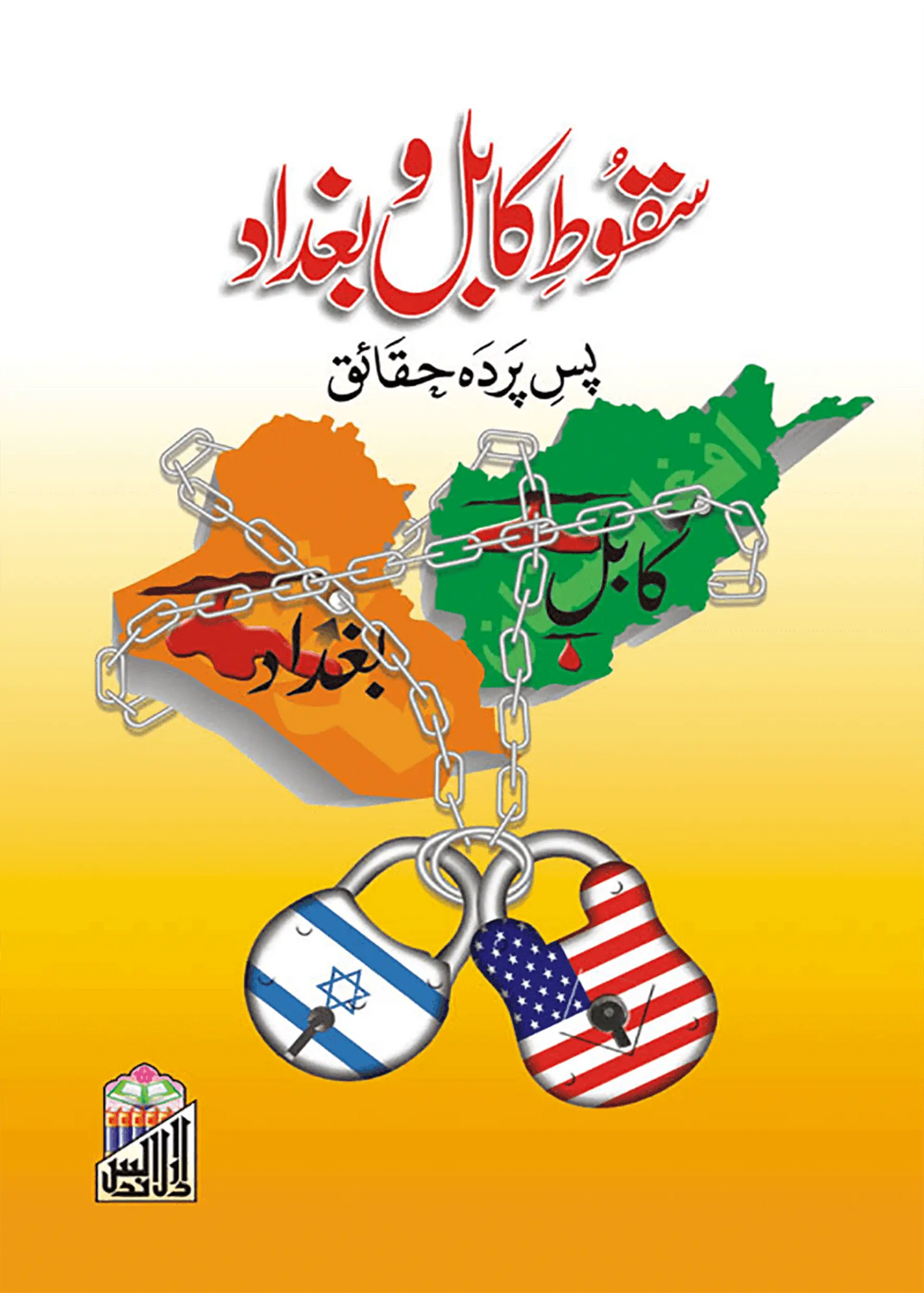Dar Ul Andlus
Saqoote Kabul Wa baghdad
Saqoote Kabul Wa baghdad
Couldn't load pickup availability
- Lowest Price
- Free Returns
- Global Delivery
Saqoote Kabul Wa Baghdad is remembered as a turning point in Islamic and world history. The fall of Kabul and Baghdad marked the decline of two great centers of power and knowledge. These events not only reshaped political boundaries but also had a deep cultural and spiritual impact on Muslim civilization. The keyword Saqoote Kabul Wa Baghdad highlights the lessons and struggles that are still relevant today.
Saqoote Kabul Wa Baghdad – A Defining Moment
The fall of Baghdad in 1258 to the Mongols is considered one of the darkest chapters in Islamic history. Known as Saqute Kabul Wa Baghdad, it symbolizes both destruction and resilience. The libraries, mosques, and centers of knowledge were destroyed, yet the spirit of Islam continued to spread across the world. Similarly, the downfall of Kabul represents the continuous struggle of Muslim lands against foreign domination. Both cities remind us that unity, knowledge, and faith are essential for survival and progress.
Through Saqoote Kabul Wa Baghdad, we learn how empires rise and fall, but faith, identity, and resilience remain strong. These historic events continue to inspire reflection on leadership, wisdom, and the importance of safeguarding cultural and religious heritage.
| Urdu Book Title |
سقوطِ کابل وبغداد |
|---|---|
| ISBN | 504010205 |
| Author |
Saifullah Khalid |
| Language | Urdu |
| Book Pages | 120 |
| Book Size (cm) | 14x21 |
| Genre |
Society |
| Publication |
Dar Ul Andlus |
| Colour | 1 Colour |
| Weight | 0.249kg |
Share


